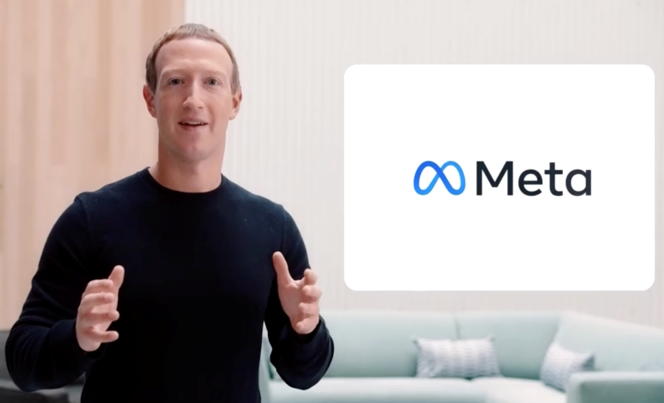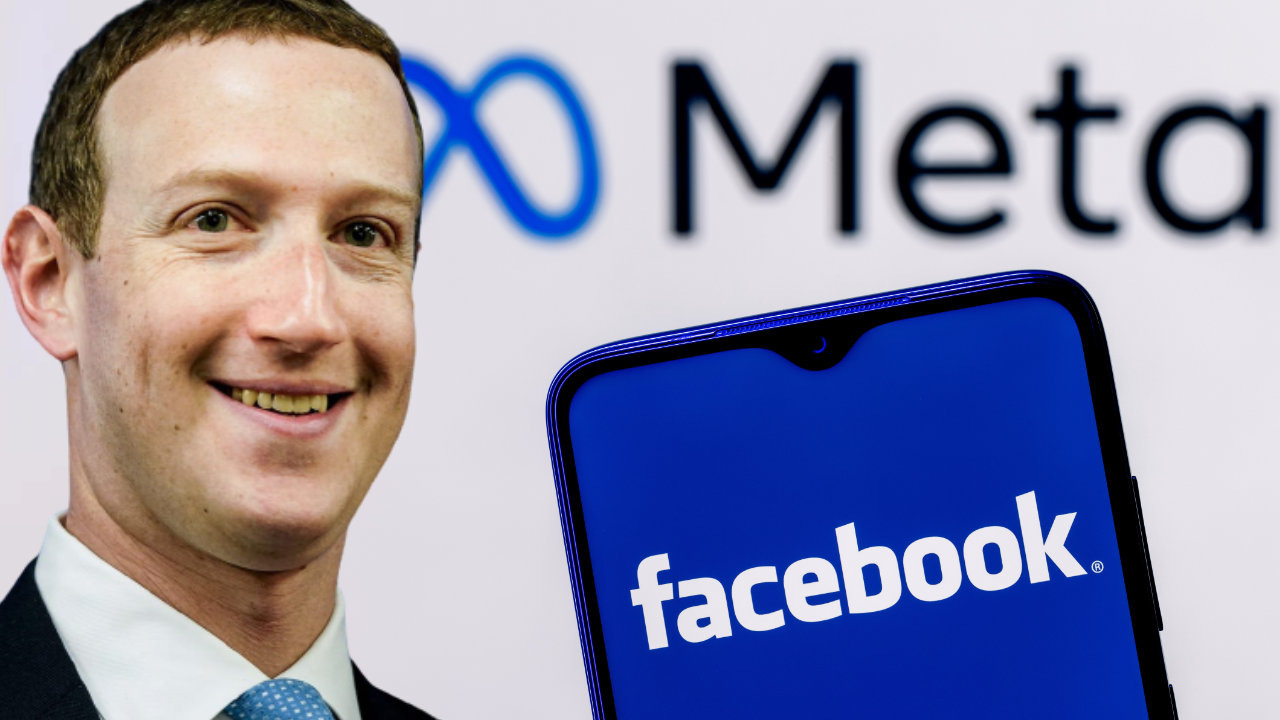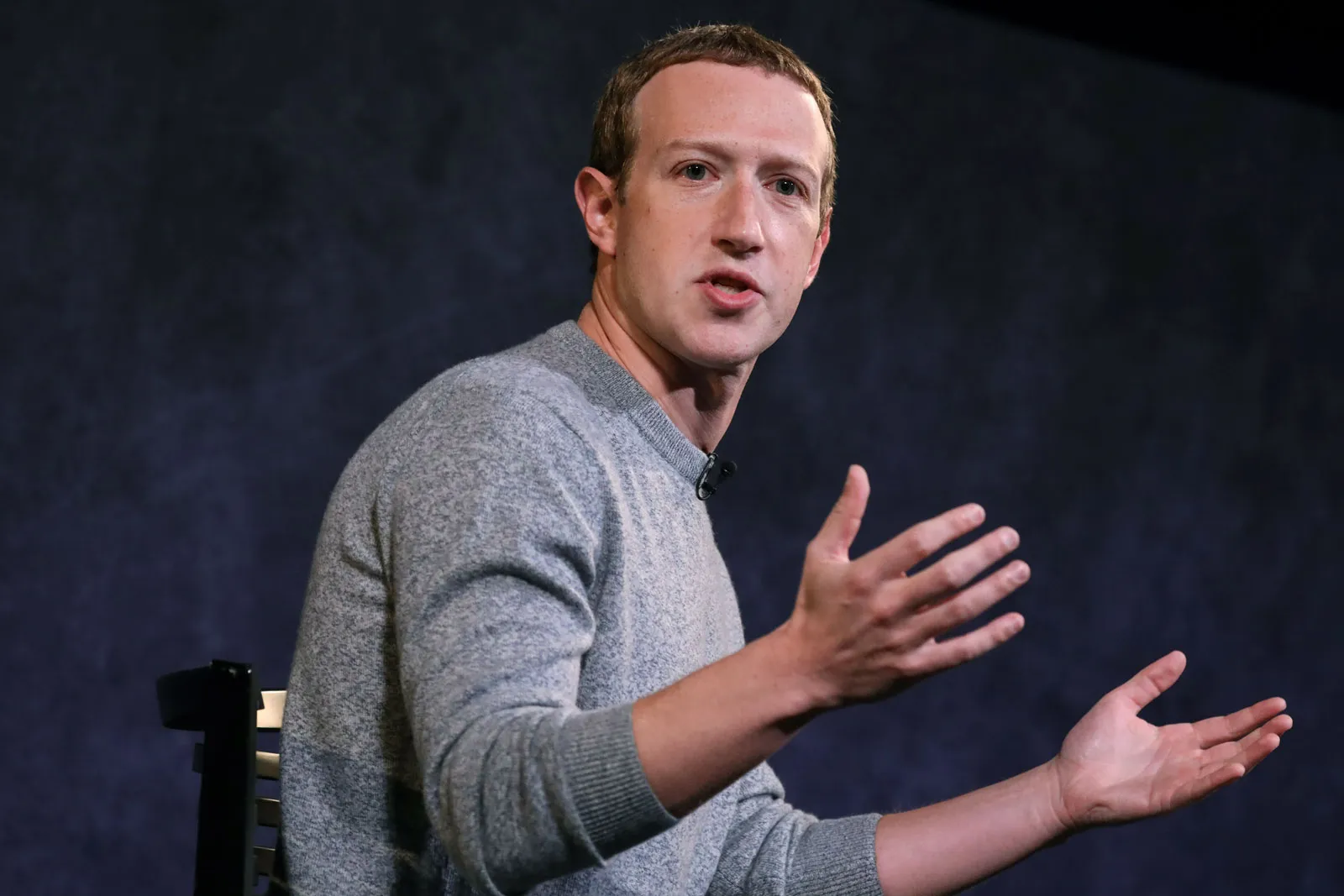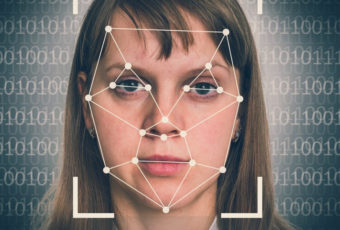
Facebook Changes Name To Meta As It Refocuses On Virtual Reality
Zuckerberg explained that the feature is aimed at enhancing authenticity and security on Facebook’s platforms. The service costs $11.99 per month on the web and $14.99 per month on iOS. The feature will initially be launched in Australia and New Zealand, with additional countries following soon.
However, similar to Twitter’s paid verification scheme, many users expressed their dissatisfaction with having to pay for protection against impersonation, and some questioned why access to customer support should require payment.
One user said: “Call me crazy but I don’t think I should have to pay you guys to take down the accounts impersonating me and scamming my followers. 95% of the accounts I report for impersonation yields no results from your platform and I know I’m not the only one.”
Cartoonist Rob DeBleyker joked: “Pro tip: read Mark’s post in a Joe Pesci voice to make it sound even more like a protection racket.”
Zuckerberg acknowledged users’ concerns, but emphasized that lower levels of protection will remain free, and explained: “We already provide protections and some support for everyone. But verifying government IDs and providing direct access to customer support for millions or billions of people costs a significant amount of money. Subscription fees will cover this and will also pace how many people sign up so we’ll be able to ensure quality as we scale.”
Despite criticism, Meta Verified is not expected to face the same challenges as Twitter’s paid-for service. Unlike Twitter, Facebook has not mentioned de-verifying notable accounts that refuse to subscribe to the service. Furthermore, Facebook users don’t rely on the platform in the same way as Twitter users do.
Although many creators use the platform, it is primarily designed for keeping up with friends, videos, and memes, rather than public discourse. Therefore, a little blue status badge might be less enticing on Facebook. Quartz reports that Twitter’s own paid-for service, Twitter Blue, has generated $27.8 million in revenue, less than 3% of the interest Elon Musk pays on his loans each year as noted by Quartz.

Some Are Complaining That They Shouldn’t Have To Pay To Prevent Impersonators








